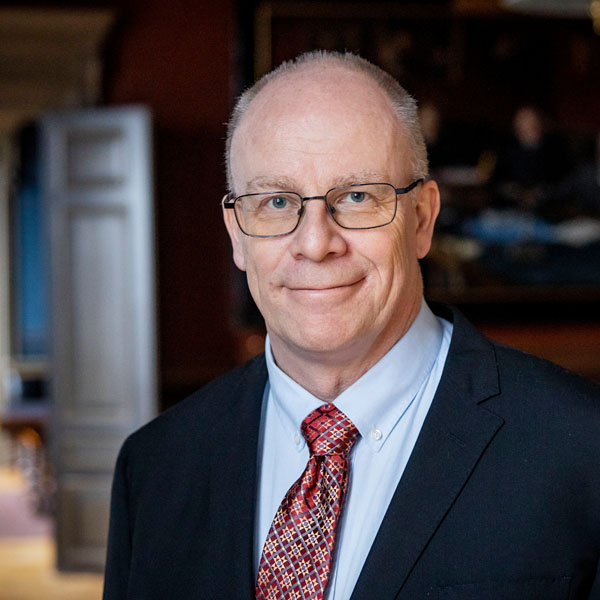Uppsala University has more than 50,000 students. They have all come to us to acquire education, to learn, to prepare for working life – in academia or elsewhere.
It can be worth taking a moment to reflect on the great responsibility we bear and how we, together, shape the future by teaching and by creating the programmes and courses that attract our students.
As Vice-Chancellor I miss teaching. Meeting students reminds me what made me choose to study and to carry on into research. In the classroom, I test my way of looking at things and my explanatory models. This helps me develop and challenges me. It is also in their meetings with others that students learn to change their perspective; it is in discussions that we see that things that seemed obvious can be looked at in another way, that things that were difficult can become easy if we change our way of thinking.
Like many others, I have found by experience that one important force in the classroom is the composition of the group itself. A group that includes students with different cultural backgrounds, from other countries, with other traditions and experiences, can be tremendously enriching and in a research team, perspectives that come from living in a society that has other priorities than ours can sometimes play a crucial role.
At the University, this really goes without saying. This is why we have long established collaborations with many other universities and networks. Last autumn I was at a meeting in Venice with a group of students taking the European Master’s Programme in Human Rights and Democratisation. We are more than 40 universities that invite our students to Italy to jointly tackle a topic that is relevant to us all, before the students get to know other countries’ universities during an exchange semester. I understand that the groups are full of dynamics and widely ranging perspectives. Then there is NOHA – a university network to promote professionalism in humanitarian operations. One programme students can choose here is the Joint Master’s Degree in International Humanitarian Action. Further, as a member of ENLIGHT, we are working with other European universities to create better conditions for joint programmes.
There are many more opportunities for international exchanges, but my point is that we sometimes forget to see the significance of the open and inquiring system of which our University is a part. We have a responsibility to teach at a high standard, maintaining close contact with research and building on a scientific and scholarly foundation. At the same time, we have a responsibility to be part of the international project of raising the level of knowledge in the world. In our collaborations we can contribute our knowledge, in joint enterprises we can learn about others’ advances. Meeting and discussing creates opportunities for exchanging knowledge, but it is above all when our view of the world is challenged and changed that education can lead to a mature, well-rounded, curious and engaged understanding of the world and our place in it.

